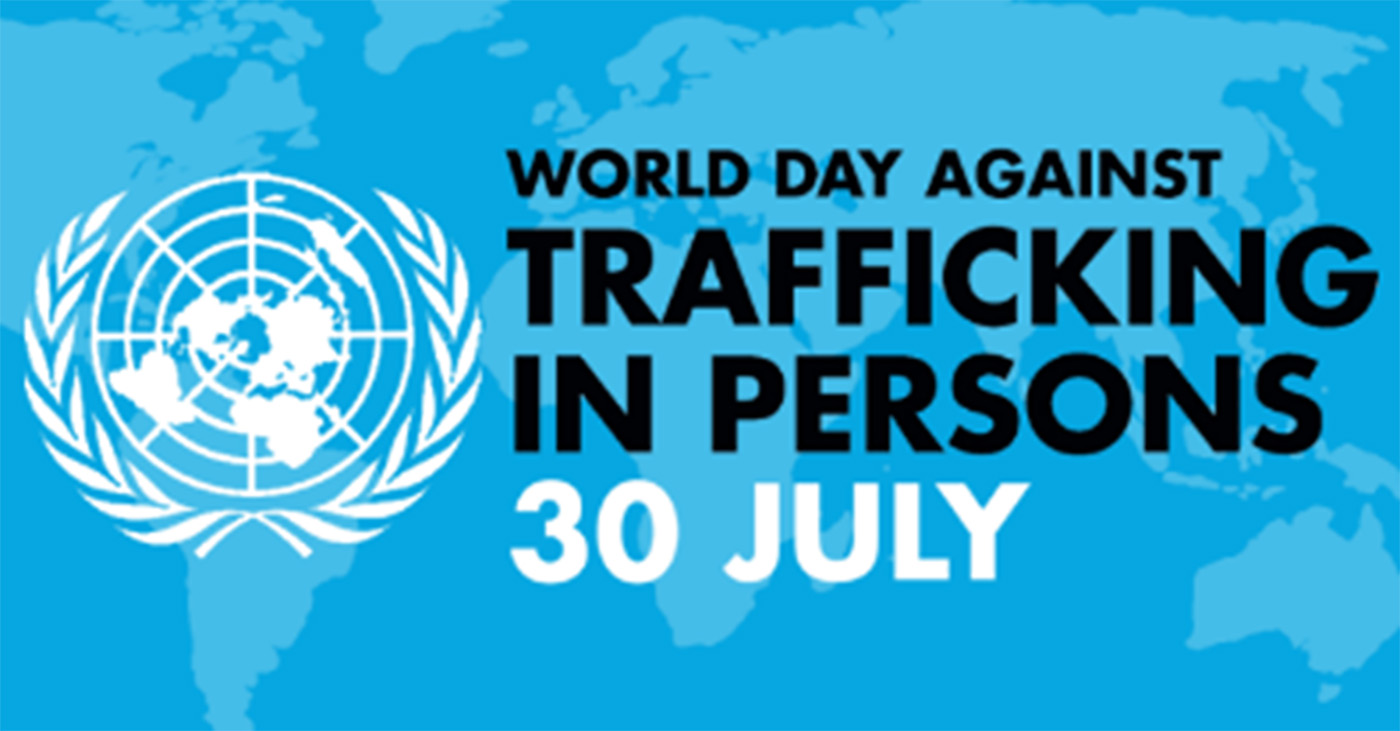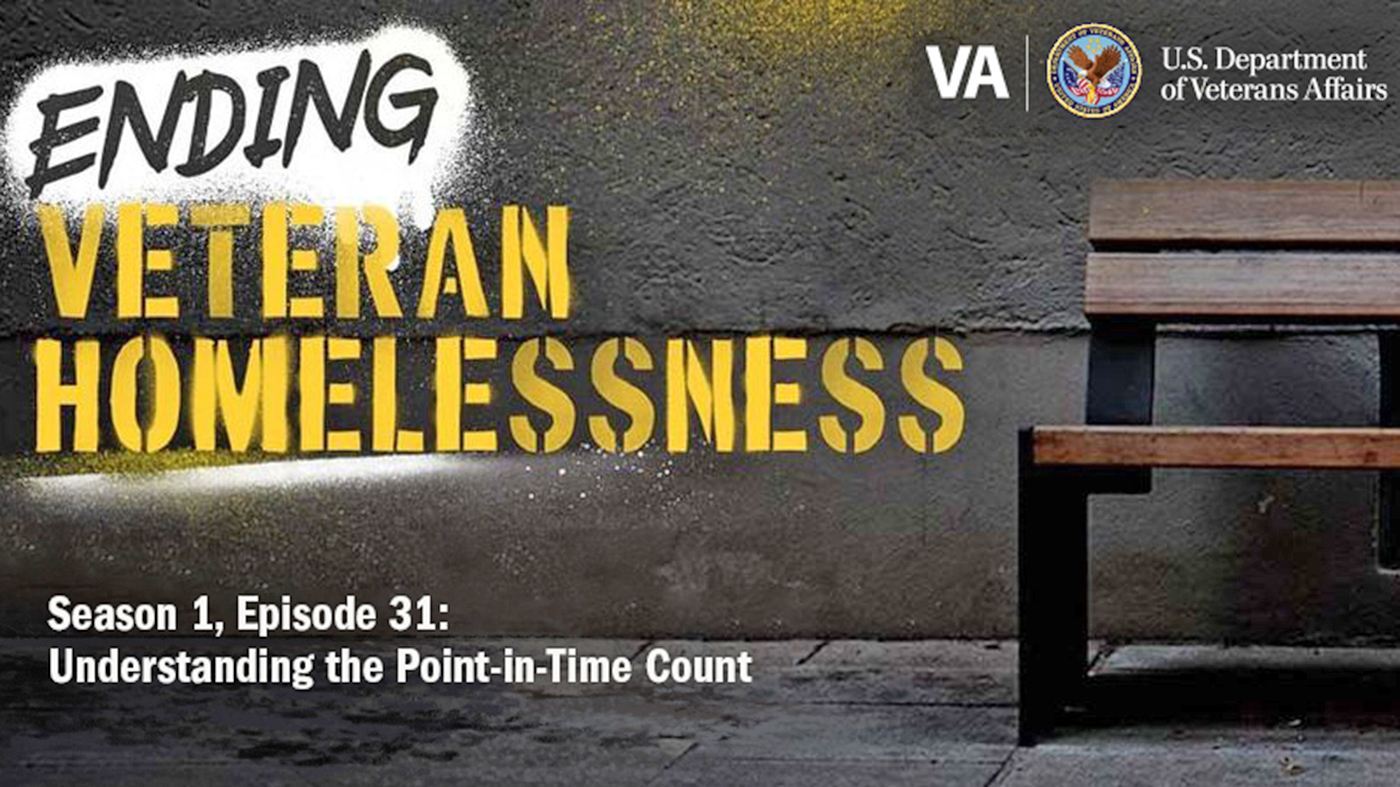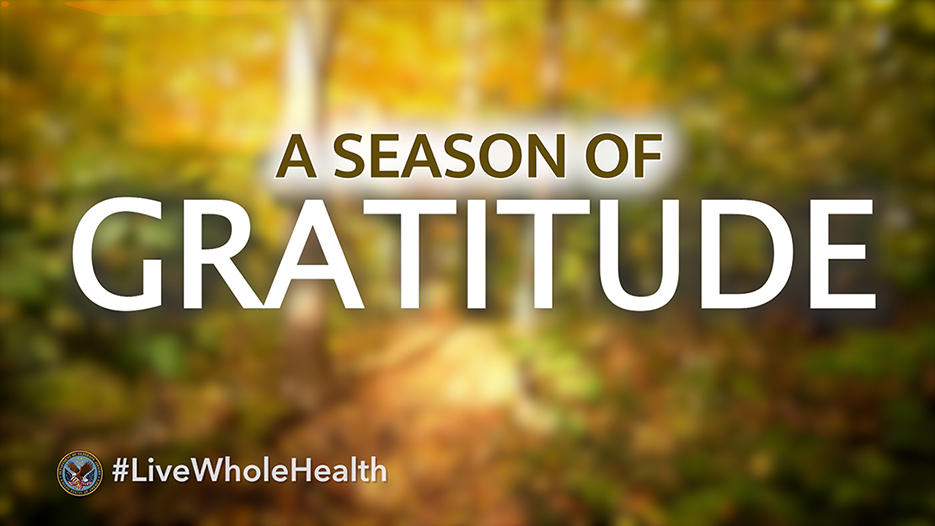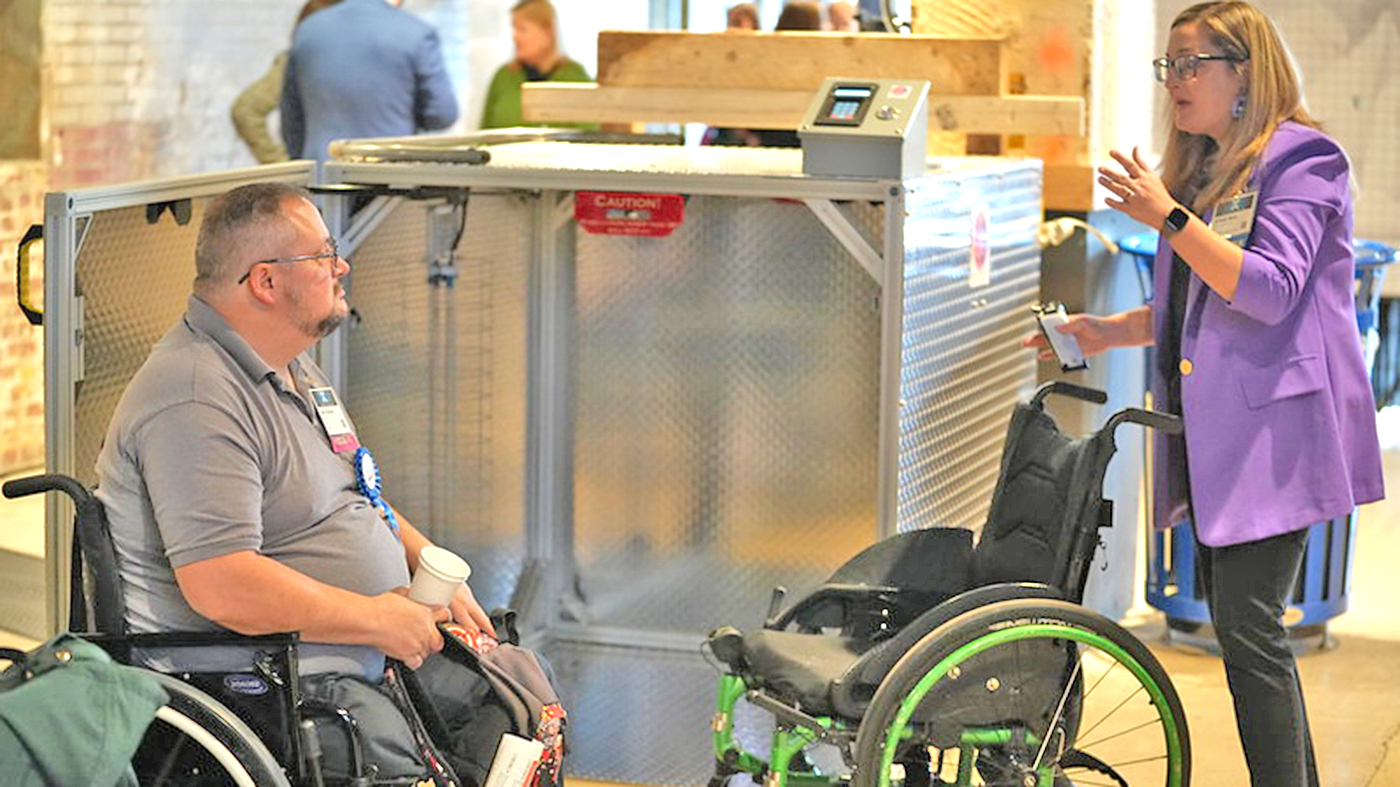World Day Against Trafficking in Persons is recognized annually on July 30. This pressing issue can affect anyone, including Veterans, their families and caregivers.
The theme for this year is “Leave No Child Behind in the Fight Against Human Trafficking.” VA is committed to addressing the disparities and inequities in providing trauma-informed care for survivors of gender-based violence from marginalized and underserved communities throughout their lives.
Vulnerable populations
Traffickers often prey on the most vulnerable, targeting LGBTQ+ individuals, racial and ethnic minorities, and other gender-vulnerable groups. These individuals may be forced into labor against their will through physical coercion, threats, debt bondage or deceitful promises.
In the context of ongoing crises like armed conflicts, pandemics, economic downturns and environmental disasters, more people find themselves susceptible to trafficking. Traffickers increasingly use social media and the dark web to recruit and exploit children, using technology to avoid detection, reach larger audiences and distribute abusive content.
Recognizing the signs of trafficking
Victims of human trafficking are often “hidden in plain sight.” It is crucial to learn to identify and respond to individuals at risk or who have already experienced trafficking.
Here are some red flags:
- Unexplained job opportunities: A family member, friend or co-worker is recruited for a job far away and the recruiter or employer evades questions or hesitates to give thorough job details.
- Suspicious fees: An employer demands fees from a prospective worker for the “opportunity” to work in a certain job.
- Sudden gifts or rapid relationship progression: A friend, family member, co-worker or child suddenly receives lavish gifts or is involved in a relationship that advances unusually quickly, possibly with a significant age or financial disparity.
- Questionable social media relationships: Someone builds a close relationship solely through social media maybe even requesting money.
- Signs of abuse: A family member, friend or co-worker exhibits signs of abuse while living with a parent or guardian.
- Too good to be true opportunities: A family member, friend or co-worker is offered what seems like an unrealistic job opportunity.
Taking action
Awareness and readiness are key. If you come across someone who might be trafficked:
- Be supportive: Offer non-judgmental support and create a safe, welcoming environment.
- Know local resources: Familiarize yourself with local resources.
How to get help
If you or someone you know might be involved in human trafficking, reach out for help:
- Human Trafficking Hotline: Call 888-373-7888.
- Text: BEFREE to 23373.
Join VA in raising awareness about human trafficking and gender-based violence. By staying informed and vigilant, together we can combat human trafficking and support those affected by this profound injustice.
Topics in this story
Link Disclaimer
This page includes links to other websites outside our control and jurisdiction. VA is not responsible for the privacy practices or the content of non-VA Web sites. We encourage you to review the privacy policy or terms and conditions of those sites to fully understand what information is collected and how it is used.
More Stories
William Snow, senior program specialist at HUD, explains how the Point-in-Time Count provides valuable data on Veteran homelessness.
Gratitude is a light that shines through life’s ups and downs. Embrace gratitude this holiday season in just five minutes for this week's #LiveWholeHealth practice.
VICK, a wheelchair-cleaning kiosk, is transforming wheelchair sanitation in VA hospitals with UVC technology.






